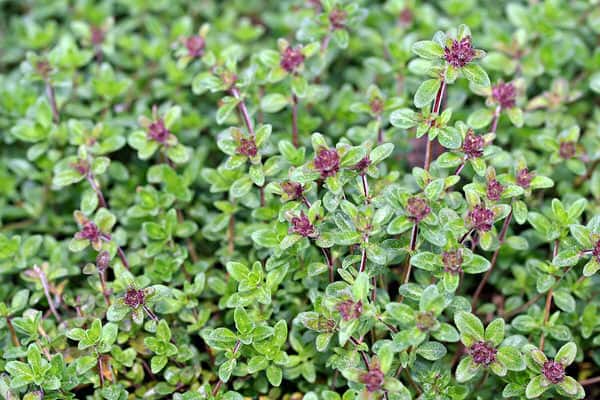
Physicians don’t usually learn much in medical school about herbs, home remedies or even dietary supplements. As a result, they often tend to be skeptical of these unconventional approaches to healing. That’s appropriate in many situations, as the evidence to support the use of home remedies or even botanical medicines can be weak.
Can Home Remedies or Botanical Treatments Be Helpful?
Sometimes, though, doctors take the opportunity to learn something from their patients. We heard a fascinating tale recently from a semi-retired dermatologist in La Crosse, Wisconsin, who is a strong advocate for self care.
Here is what he wrote:
“There is an old adage in medicine that I presume is still being taught in medical school. When dealing with self-limited diseases, like viral colds, insect bites and skin abrasions, the main treatment is ‘tincture of time.’
“About three decades ago I told one of my older patients with a self-limited skin disease that everything would be fine with just a little ‘tincture of time.’ “The next day my nurse received a call from the old patient’s wife. She asked how much of that ‘thyme’ does he need? My nurse and I had a laugh at the old people’s expense. Didn’t they understand I was talking about ‘time’–not ‘thyme?’
“That old patient had the last laugh on me! Let me explain:
Doctor takes his own medicine:
“I returned yesterday from Barcelona, Spain, on a 13-hour flight. Towards the end of it, I started getting a sore throat.
“As I drove home, I developed a full-blown head cold with a severe sore throat, runny nose, watery eyes and a barking cough. I felt like crap.
“When I tried to sleep, I couldn’t breathe. About 3 am I got up and made myself some thyme tea. I put 2 teaspoons of thyme, a teaspoon of cinnamon, a tablespoon of apple cider vinegar and an herbal tea bag with rose hips, orange peel extract and roasted chicory in the bottom of my French press coffee maker and added 2 cups of boiling water. I let it steep for four minutes and then poured it into a mug to which I had added a teaspoon of manuka honey from New Zealand. As it cooled, I inhaled the vapors. Then I slowly sipped, swished, gargled and drank it.
“Within minutes, and I mean literally minutes, my throat was not sore, my cough was much better and my nose even cleared up. I slept five hours and awoke feeling 80 percent better. I had a couple more cups of thyme and honey tea with breakfast, and six hours later I felt well enough to ride my mountain bike.
Hooray for tincture of thyme:
“Thyme and honey tea is an old treatment for sore throat and cough. One of the active ingredients in thyme is thymol, also found in Listerine mouthwash. So the tea literally contains a tincture of thyme.
“Over the last 65 years I’ve had quite a few bad colds. The one I was developing last night was one of the worst. The speed with which most of my symptoms resolved was truly astounding. I cannot imagine my improvement was coincidental.
“Will this treatment work so fast in the future? Only thyme will tell.”
We too are enthusiastic about the benefits of thyme tea to calm a cough and help a cold sufferer feel better, at least for a while. Although we have seen no double-blind controlled trials, we suggest a little thyme tea the next time a cold keeps you awake with coughing. A meta-analysis found evidence supporting thyme in conjunction with ivy and primrose to calm a cough (Forschende Komplementmedizin, Dec. 14, 2015).
Can Spices Ease Cold Symptoms?
Thyme is not the only plant that can help ease cold symptoms. One reader wants to know about other herbs and spices.
Q. I would like to hear about spices (like caraway, cinnamon, sage and thyme) being used to alleviate cold symptoms either with or without Vitamin C.
A. Certain spices have a history of being used to relieve cold symptoms. Sage tea is classic as a gargle for sore throats, for instance. Thyme tea can help control coughs. Caraway has been used in combination with some other ingredients to ease cough as well.
We’ve not seen research indicating that cinnamon could help conquer cold symptoms, although it is helpful in many other situations. For example, Ceylon cinnamon may assist in blood sugar control.
Learn More:
You can learn more about all these spices and numerous others in our book, Spice Up Your Health: How Everyday Kitchen Herbs & Spices Can Lengthen & Strengthen Your Life. Share your own favorites in the comments section, please. If you found this article helpful, please share it with your friends. You can use the share icons at the top of the page.
Citations
- Wagner, L et al, "Herbal Medicine for Cough: a Systematic Review and Meta-Analysis." Forschende Komplementmedizin, Dec. 14, 2015. DOI: 10.1159/000442111

